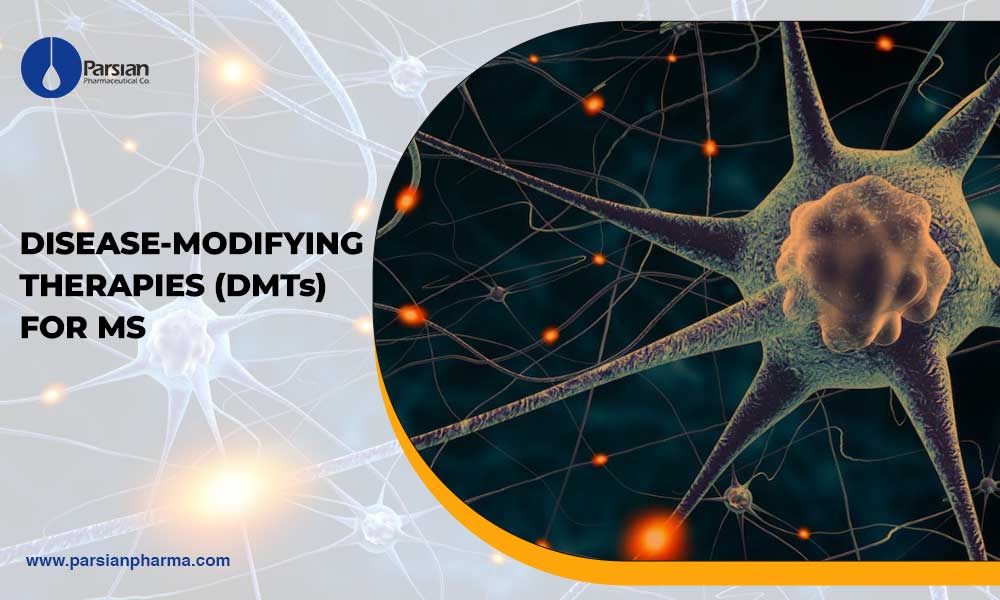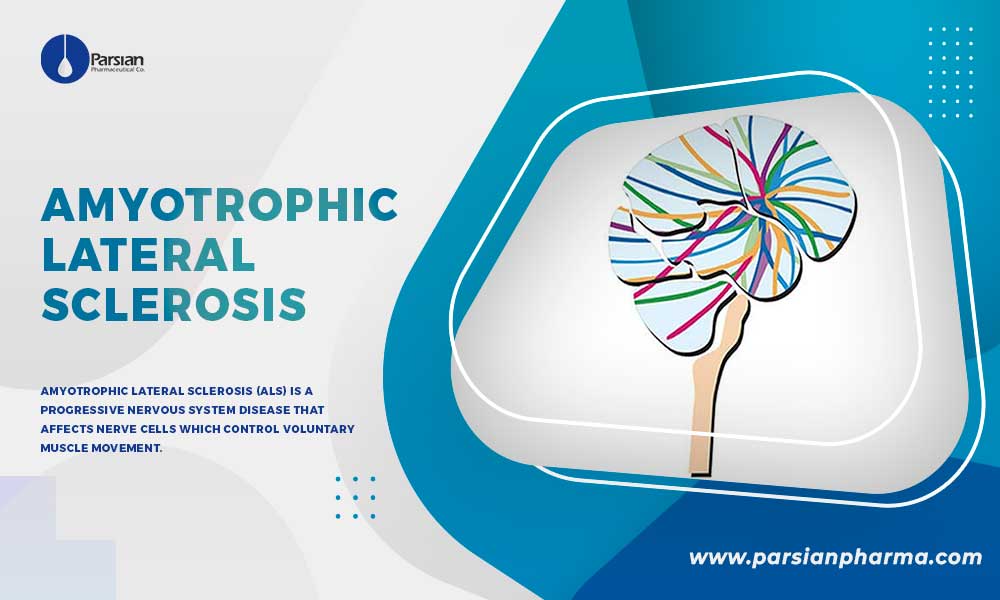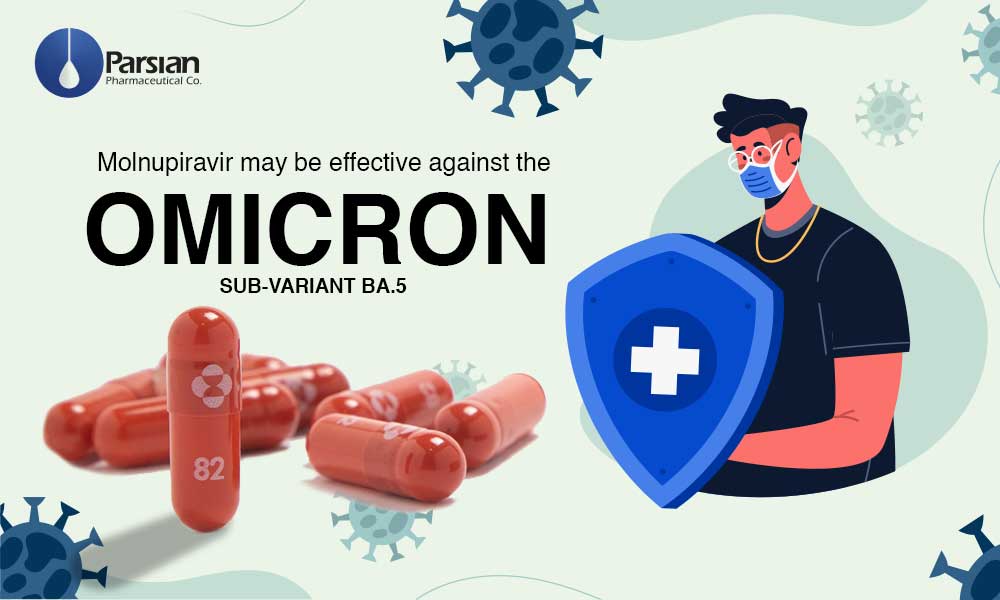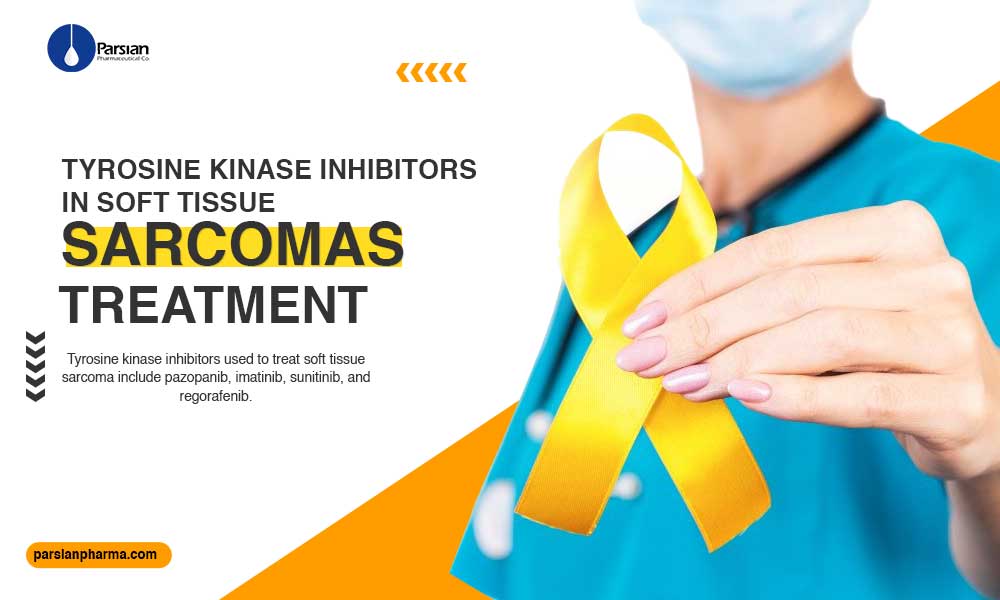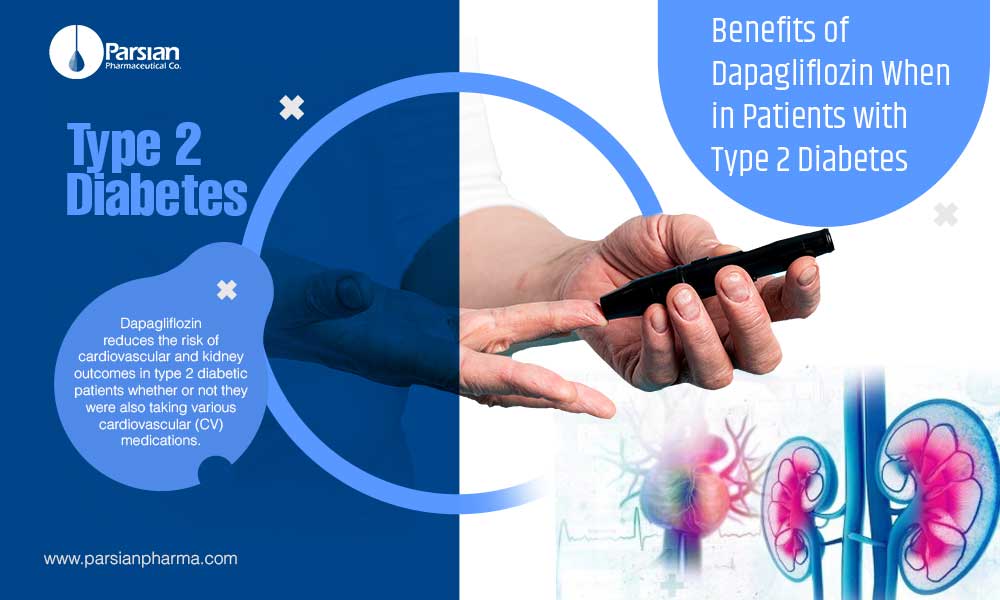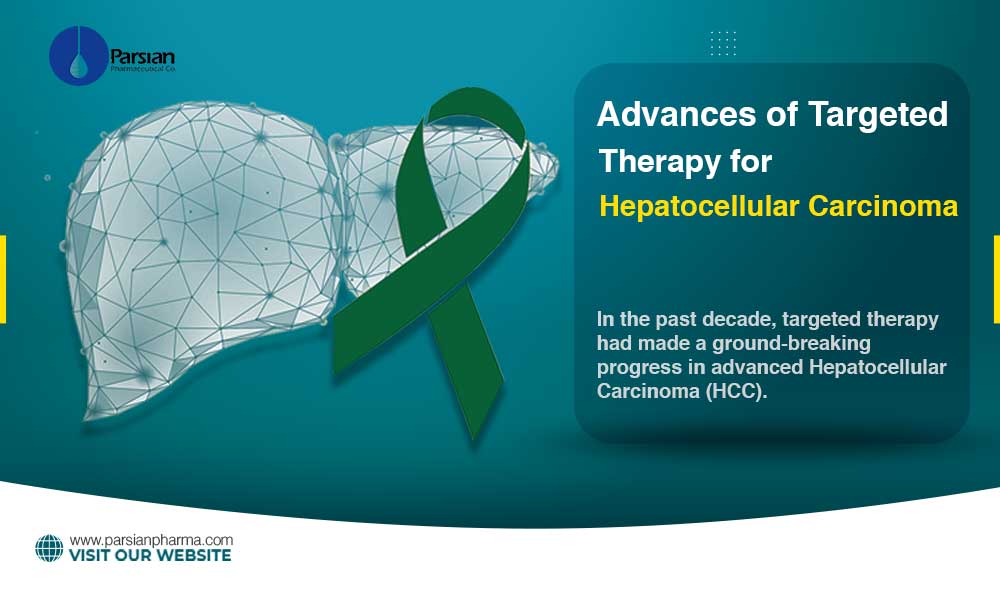Quick Review Over Disease Modifying Therapies (DMTs) For Multiple Sclerosis
Introduction:
Multiple sclerosis (MS) is an immune-mediated inflammatory demyelinating disease of the CNS. Although there is no curable options for MS, a number of medications also called, disease modifying therapies, or DMTs, have been approved to treat MS.
Permanent damage to the central nervous system can be seen early in the disease, even when a patient has no symptoms. Early and ongoing treatment with DMTs may help prevent permanent damage in the CNS, which is associated with the destruction of myelin.
DISEASE-MODIFYING THERAPIES (DMTs) FOR MS:
Disease modifying therapies (DMTs) are treatments which have shown reduction in activity and progression of multiple sclerosis (MS). They are approved to be started for both patients with relapsing-remitting MS (RMS) and relapses of progressive forms of MS; and also DMTs may be often recommended for people diagnosed with CIS, with the goal of delaying a second attack.
The worsening of symptoms and/or the appearance of new ones which last at least 24 hours and are separated from a previous relapse by at least one month, is called relapse. The FDA approved DMTs have been shown to reduce the frequency and severity of relapses; can also reduce the development of new lesions in the brain and spinal cord as shown on MRI scans, and can slow the development of MS disabilities.
These class of medicines don’t generally improve everyday symptoms of MS, many symptoms can be managed using other types of medications and non-medication strategies. Combining DMT use, symptom management and a healthy lifestyle is the best strategy for managing MS.
No DMT is not approved yet for women who are pregnant or plan to become pregnant or who are breastfeeding.
DURATION OF TREATMENT:
These treatments should be continued lifelong, unless the side effects are intolerable, the treatment is not controlling the disease adequately, or a more appropriate treatment becomes available. However, it can be reasonable to discuss stopping DMT for older patients who have had no new relapses or MRI changes for a prolonged period.
DISEASE-MODIFYING THERAPIES (DMTs) FOR MS
There are over a dozen the US Food and Drug Administration (FDA) approved disease modifying therapies for MS have been found through clinical trials to reduce the number of relapses, delay progression, and limit new disease activity (as seen on MRI). Here Parsian Pharmaceutical Co. has provided a review over some of them that are administrated orally:
Their mode of action:
Teriflunomide is a pyrimidine synthesis inhibitor, which can inhibit a key enzyme required by white blood cells (lymphocytes), which in turn reduces the proliferation of T and B immune cells, which are active in MS and also inhibits the production of T cells’ immune messenger.
Dimethyl fumarate is a formulation that was developed specifically for patients with multiple sclerosis. A chemically related compound, called Fumaderm which is dimethyl fumarate and fumaric acid esters, has been used at higher doses for decades to treat acute flare-ups of psoriasis. Although the exact mechanism of action of dimethyl fumarate is not known, it is thought to modulate the immune response to be less inflammatory and may have antioxidant properties which could be protective against damage to the spinal and cord brain.
Fingolimod is a new class of medication called a sphingosine 1-phosphate receptor modulator, which is thought to act by retaining certain white blood cells (lymphocytes) in the lymph nodes, by preventing those cells from crossing the blood-brain barrier into the CNS. Preventing the entry of these cells reduces inflammatory damage to nerve cells.
Cladribine is a compound that targets certain types of white blood cells (lymphocytes) that drive the immune attack in MS. It temporarily reduces the number of both B and T lymphocytes without continuous suppression of the immune system.
Siponimod is an immune system-modulating therapy thought to act by retaining certain white blood cells in the body’s lymph nodes, keeping them out of circulation and out of the central nervous system; also can enter the CNS (brain and spinal cord) where it may have direct anti-inflammatory and/or other effects
Their indications:
|
Drug name |
FDA approved Indications |
|
Teriflunomide |
Relapsing forms of MS to include CIS, relapsing remitting disease, and active secondary progressive disease, in adults. |
|
Dimethyl Fumarate |
Relapsing forms of MS to include CIS, relapsing-remitting disease and active secondary progressive disease, in adults. |
|
Fingolimod |
Relapsing forms of MS, to include CIS, relapsing-remitting disease, and active secondary progressive disease, in patients 10 years of age and older. |
|
Cladribine |
Adult patients with Relapsing forms of MS, to include relapsing-remitting disease and active secondary progressive disease. Because of its safety profile, can be generally recommended for patients who have had an inadequate response to, or are unable to tolerate, an alternate drug indicated for the treatment of MS. |
|
Siponimod |
Relapsing forms of MS, which include clinically isolated syndrome (CIS), relapsing-remitting disease (RRMS) and active secondary progressive disease (SPMS with relapses). |
Another production category of the vast portfolio of Parsian pharmaceutical Co. is treatment options of Multiple sclerosis. Parsian pharmaceutical Co. manufactures active pharmaceutical ingredients (API) and Granules of these kinds of disease modifying therapies with the highest global standards to help reduce the problems are facing Multiple sclerosis patients.
related product :
References:
https://multiplesclerosisnewstoday.com/
https://www.nationalmssociety.org/

